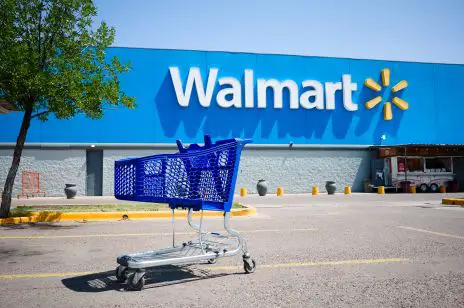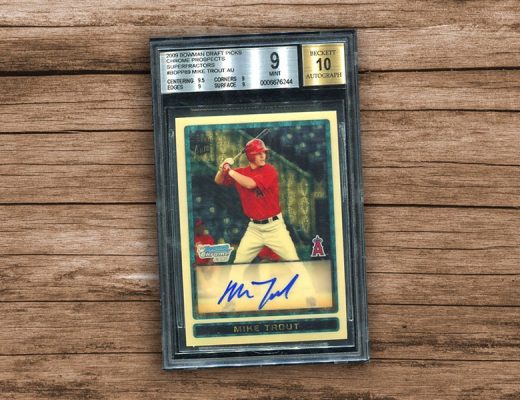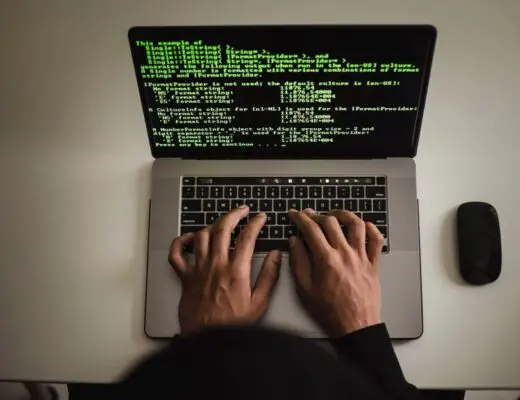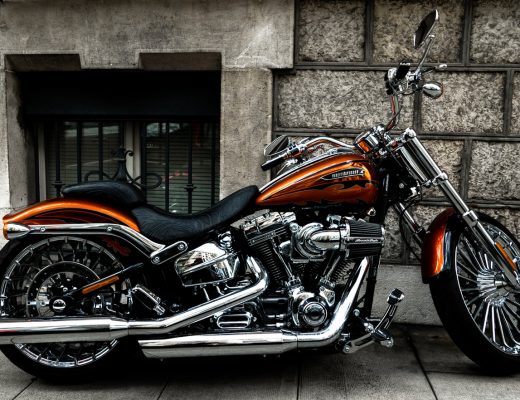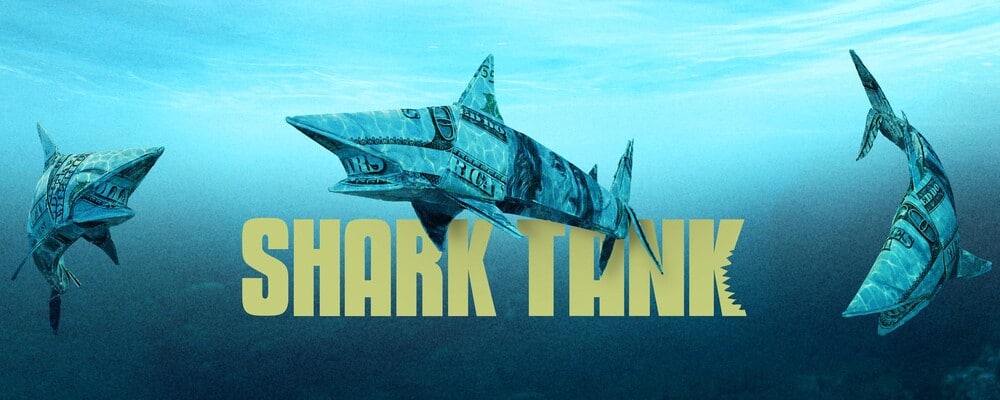
CommonCentsMom.com is advertiser-supported: we may earn compensation from the products and offers mentioned in this article. However, any expressed opinions are our own and aren't influenced by compensation. The contents of the CommonCentsMom.com website, such as text, graphics, images, and other material contained on this site (“Content”) are for informational purposes only. The Content is not intended to be a substitute for professional financial or legal advice. Always seek the advice of your Financial Advisor, CPA and Lawyer with any questions you may have regarding your situation. Never disregard professional advice or delay in seeking it because of something you have read on this website!
ABC’s famous reality TV show, Shark Tank, has been around since 2009. Variations of the show exist around the world – the original Shark Tank was a Japanese show that ran from 2001 to 2004 under the name Money Tigers.
The premise of the show is simple: entrepreneurs pitch their businesses to a panel of 5 or 6 millionaire/billionaire investors, and hope that one or more of them invests in their companies.
While many of the products presented are silly or too flawed to make it in the open market, others have been incredibly successful. According to USA Today, about 40,000 entrepreneurs apply for a spot in the show every year. In 2018, only 88 of those applicants made it to the air.
Here are the top seven most successful companies to ever appear in Shark Tank.
Scrub Daddy
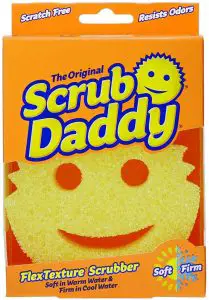
What is it: A reusable polymer sponge designed in the shape of a smiling face. The uniqueness of the sponge is in its texture: in cold water, it’s hard; in hot water, it’s soft. This makes it perfect to clean a number of different surfaces, but also make it resistant to odors and easy to clean.
Shark investment: Lori Greiner ($200,000 for 20 % equity)
Year pitched: 2012
Sales: Scrub Daddy is one of the most successful products ever to appear on the show. The company had a seven-minute spot in QVC right after Shark Tank aired and sold 42,000 sponges. Scrub Daddy is now sold everywhere from Amazon to Bed, Bath & Beyond and the company is valued at over $209 million. Until 2019, it was the best-selling Shark Tank product, before sock brand Bombas took the top spot.
Scrub Daddy’s Shark Tank pitch:
Bombas
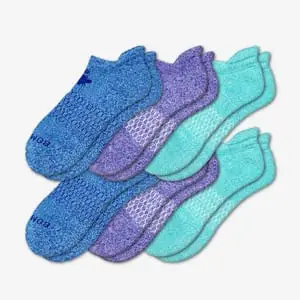
What is it: Bombas makes socks that have solved all the annoying problems that “regular” socks have. They are extra cushioned, they have a “blister tab” to protect your feet, and they have no seams on the front to cause discomfort on your toes. Plus, for every pair they sell, Bombas donates another pair to a homeless shelter.
Shark investment: Daymond John ($200,000 for 17.5 % equity)
Year pitched: 2014
Sales: The company amassed an incredible $1.2 million in sales within two months of appearing in the show. By 2018, they had earned over $100 in revenues and donated over 35 million pairs of socks to homeless shelters (and eventually other charities as well).
How Sock Start-Up Bombas Brings In $100 Million A Year
Simply Fit Board
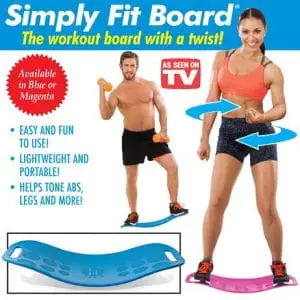
What is it: A molded board of flexible plastic you can stand or kneel on. Its twisting motion is supposed to work your core and improve your balance.
Shark investment: Lori Greiner ($125,000 for a 10 % stake)
Year pitched: 2015
Sales: Sales of the Simply Fit Board skyrocketed right after the mother-daughter duo appeared on the show. Within 24 hours, sales reached $1.25 million. A year later, the company partnered with Walmart, which caused another major spike in sales. By 2019, the company had racked up $160 million in sales.
Squatty Potty
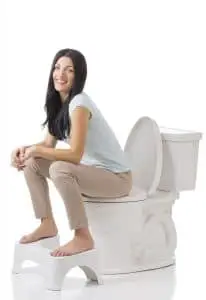
What is it: A toilet stool that allows you to elevate your feet so you sit on a more natural, squat-like position.
Shark investment: Lori Greiner ($350,000 for 10 % equity)
Year Pitched: 2014
Sales: The Squatty Potty has been around since 2011, and mother-son duo Judy and Bobby Edwards had already made a few million dollars when they appeared on the show. In the first three months after appearing in the show, however, their sales reached $12 million. As of 2019, the company is worth over $66 million.
Tipsy Elves
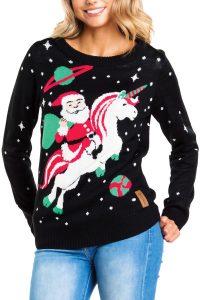
What is it: Holiday-themed apparel mainly focused on “ugly” Christmas sweaters with a funny twist.
Shark investment: Robert Herjavec ($100,000 for a 10 % stake).
Year Pitched: 2013
Sales: Tipsy Elves was already doing very well before appearing on Shark Tank, bringing in about $600,000 in sales a year. However, sales exploded after being on the show and by 2018, the company had more than $70 million in sales to their name. Tipsy Elves runs a charity that donates sweaters to children in need.
Fiberfix
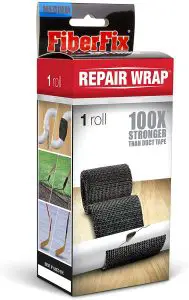
What is it: A heavy duty fiber tape that’s supposed to be “100x stronger than duct tape,” Fiberfix can be used for all kinds of home repairs, including leaky pipes and broken furniture. Once applied, you can even paint over it.
Shark investment: Lori Greiner ($120,000 for 12 % equity)
Yeah: 2013
Sales: Before their appearance in the show, Fiberfix founders Eric Child and Spencer Quinn had earned about $300,000 in sales. After getting backing from Greiner, they appeared in QVC and sold out their full inventory in 10 minutes. The product now sells on Amazon and Home Depot and has amassed over $50 million in sales.
The Original Comfy
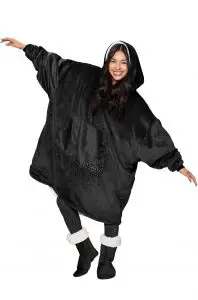
What is it: Self-dubbed as “the world’s first truly wearable blanket,” the Comfy is the result of a marriage between an oversized sweater and a blanket. Made of ultra-soft microfiber and sherpa lined, it can be worn on the go or used to snuggle while on the couch.
Shark investment: Barbara Corcoran ($50,000 for a 30% stake)
Pitch year: 2017
Sales: Since its launch, the company has made over $150 million in sales. They now sell other products, including Comfy Kids, Comfy Feet, and Comfy Hoodie.

